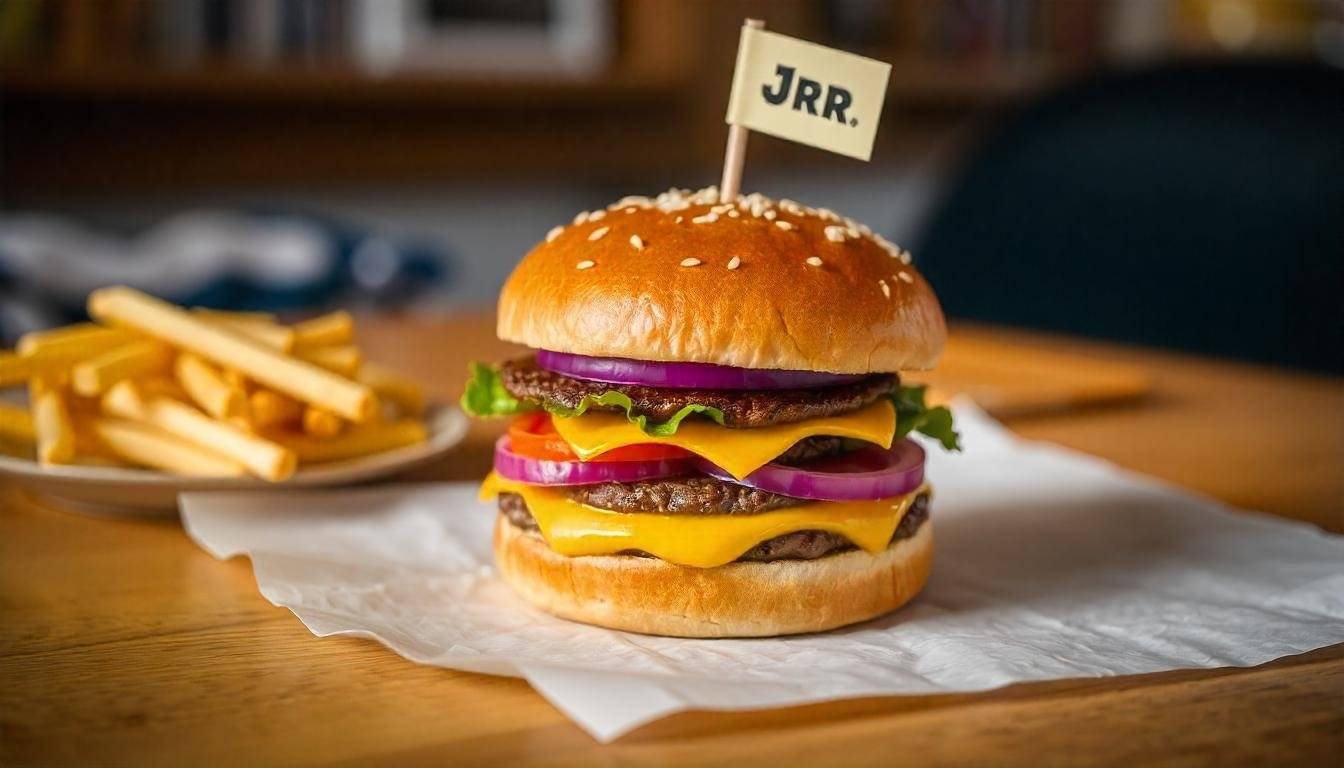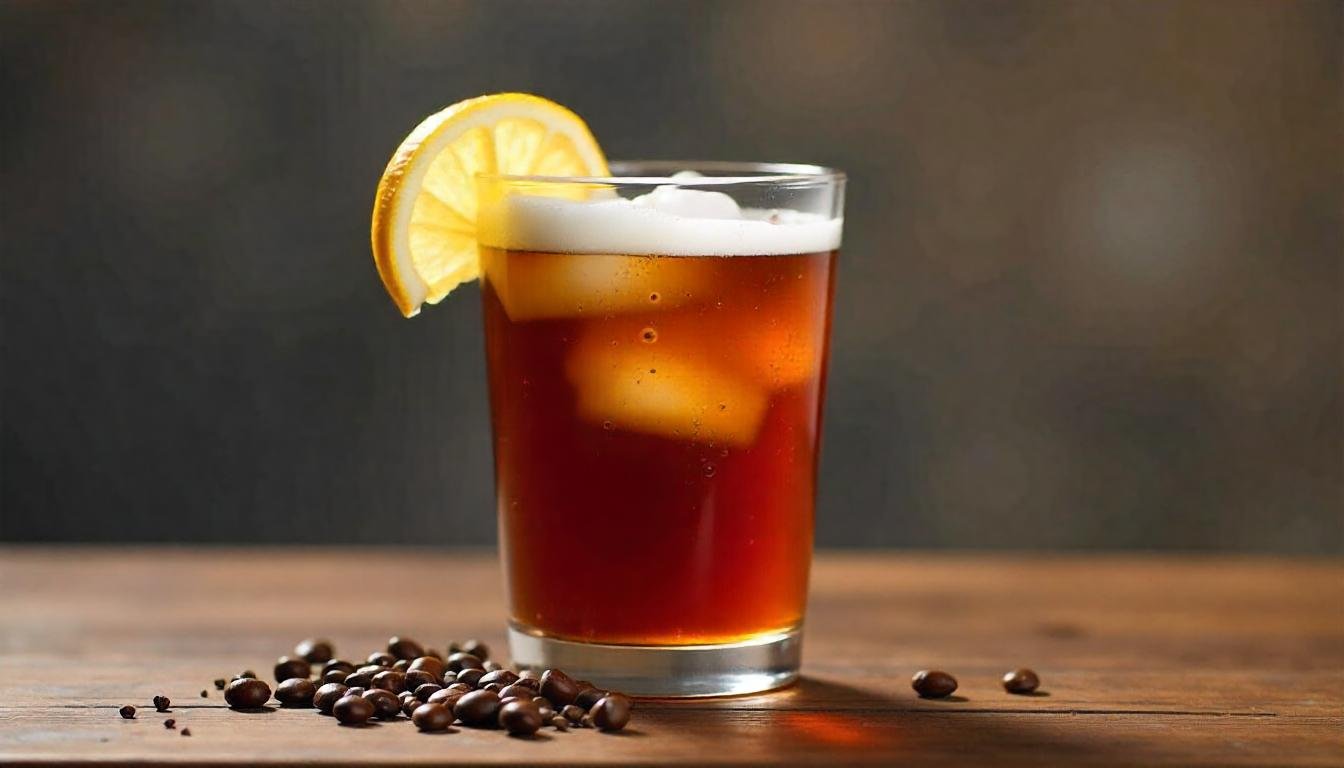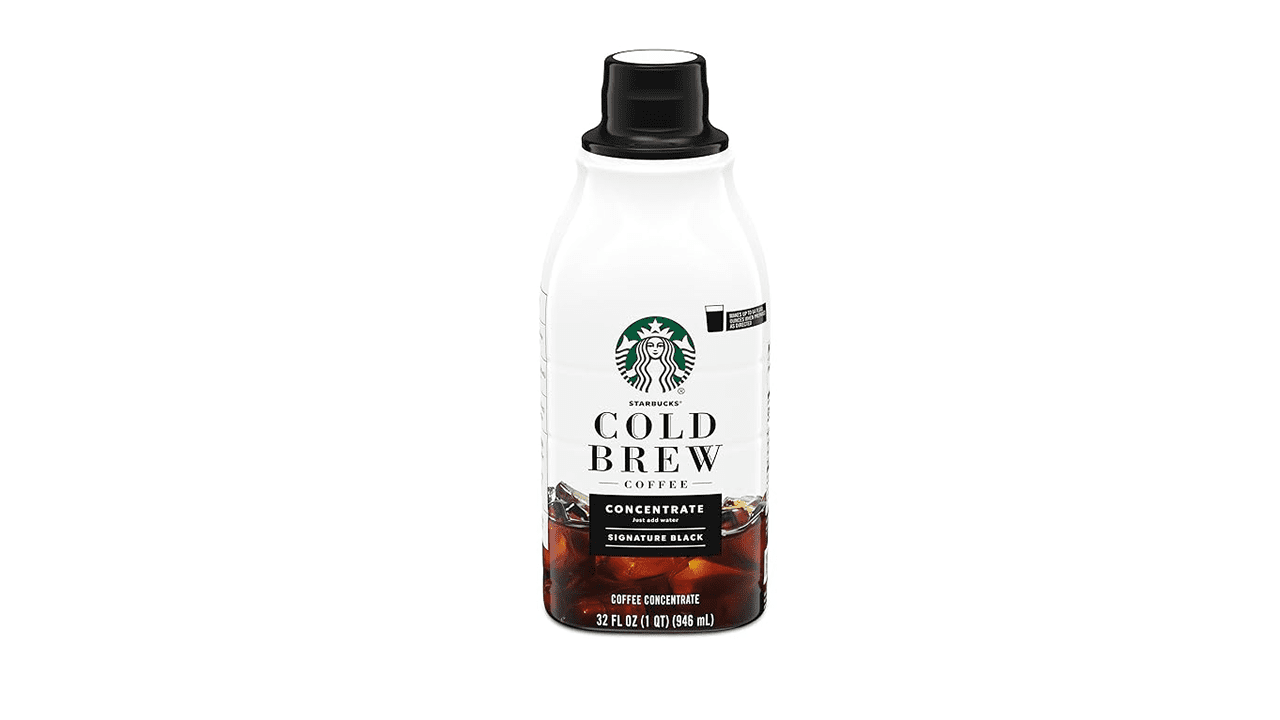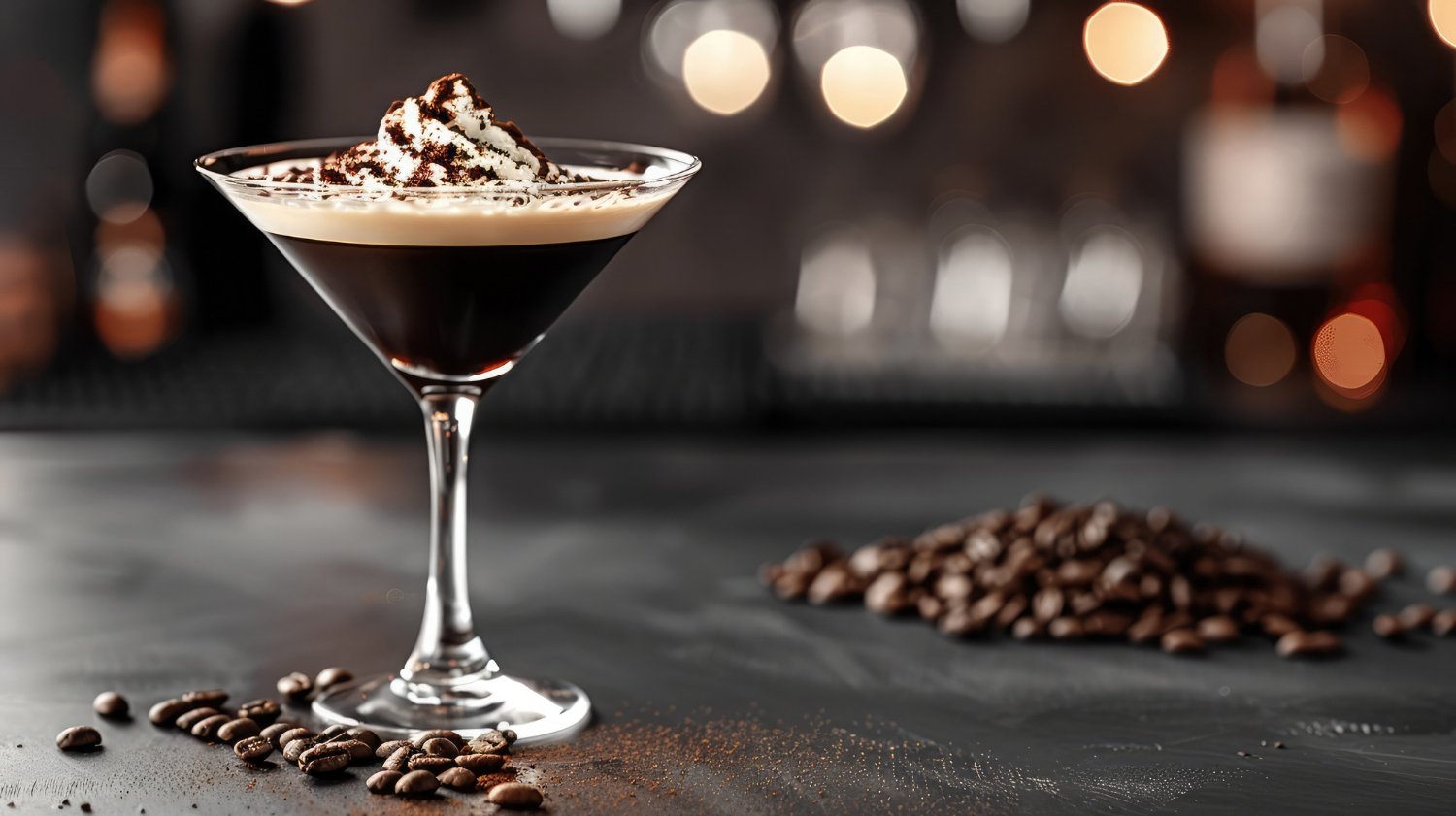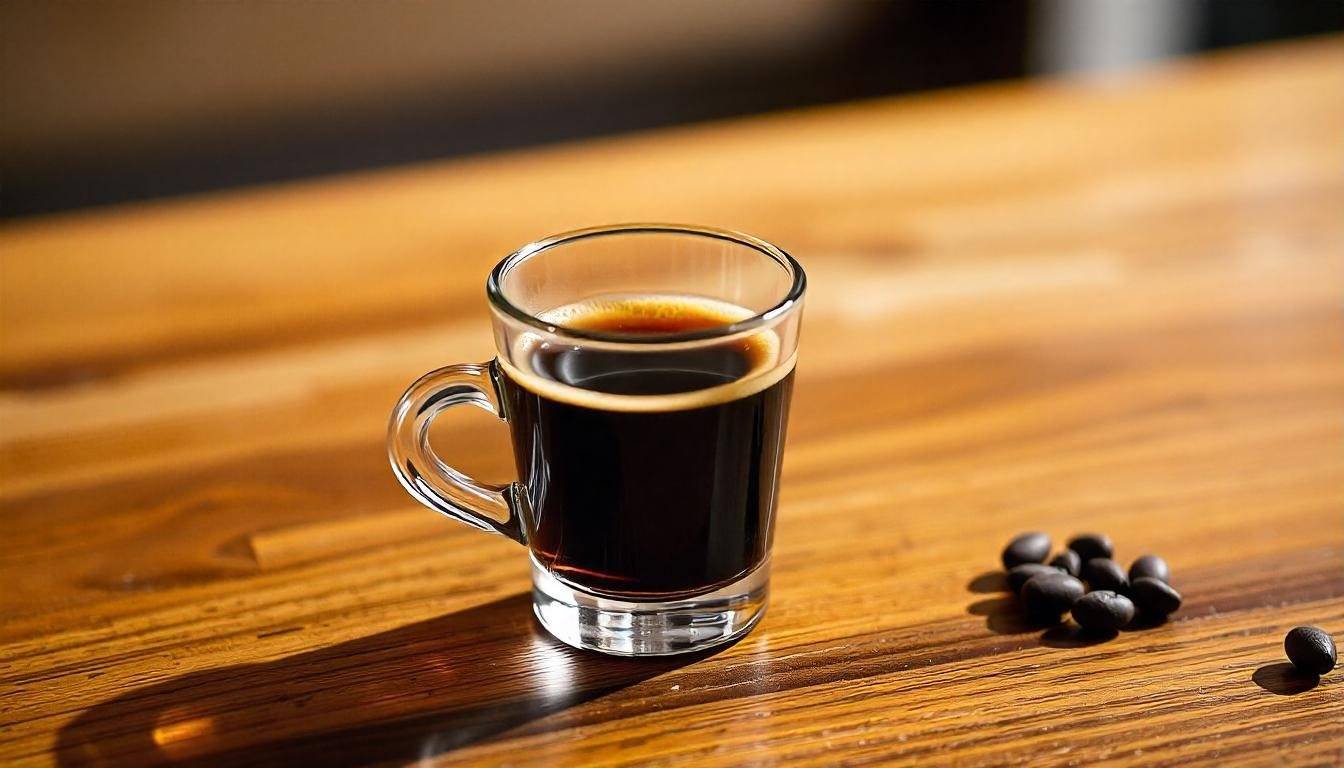Chocolate, a beloved treat worldwide, contains a range of natural compounds, including caffeine. While caffeine is commonly associated with coffee and tea, chocolate also contributes to daily caffeine intake. Understanding the caffeine content in different types of chocolate helps chocolate lovers make informed dietary choices.
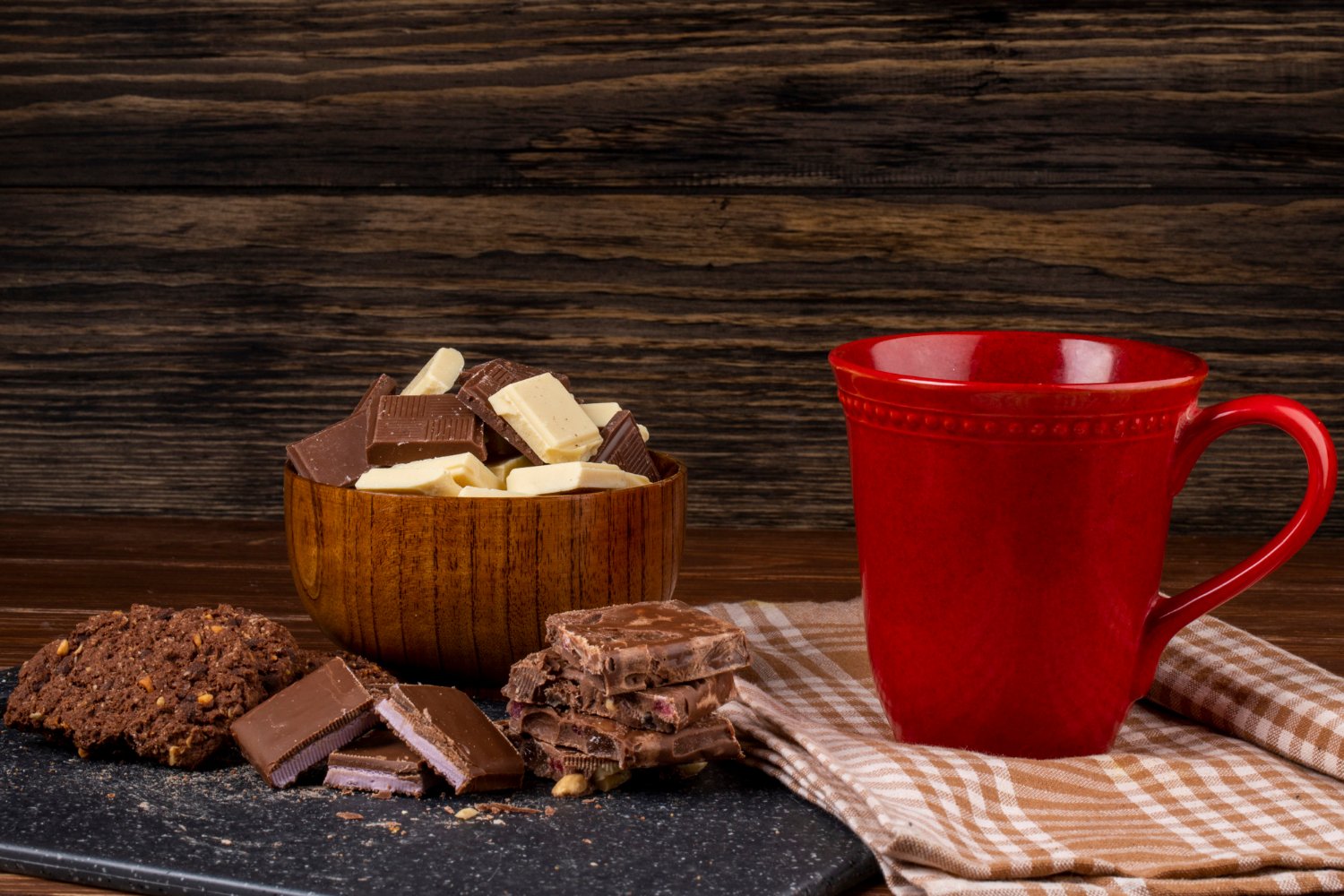
How Much Caffeine Does Chocolate Have
Chocolate contains varying amounts of caffeine depending on its type and cocoa content. Caffeine occurs naturally in cocoa beans, so higher cocoa percentages typically mean more caffeine. For example, dark chocolate, known for its intense flavor, has significantly more caffeine than milk chocolate. Meanwhile, white chocolate contains little to no caffeine because it is made without cocoa solids.
On average, a one-ounce (28-gram) serving of dark chocolate contains about 12 milligrams of caffeine, while milk chocolate has around 5 milligrams. These amounts are minimal compared to coffee, which can contain 95 milligrams or more per cup. However, the caffeine content can add up for those who consume chocolate regularly, especially in desserts, candies, or beverages like hot chocolate.
While moderate chocolate consumption is unlikely to cause caffeine-related effects, people sensitive to caffeine should pay attention to their intake. It’s also worth noting that chocolate includes another compound, theobromine, which is similar to caffeine and contributes to its stimulating effects.
Summary
Chocolate’s caffeine content depends on its type and cocoa level, with dark chocolate containing the most (12 mg per ounce), milk chocolate less (5 mg), and white chocolate nearly none. Though minimal compared to coffee, regular consumption can add up. Chocolate also contains theobromine, a similar stimulant.
Caffeine in Dark Chocolate
Dark chocolate is the richest type of chocolate in terms of caffeine content, thanks to its high cocoa concentration. A one-ounce (28-gram) piece of dark chocolate typically contains 10 to 20 milligrams of caffeine, depending on the cocoa percentage. For chocolate with 70% or higher cocoa content, the caffeine levels are even more pronounced, making it a small but potent energy boost.
Caffeine in Milk Chocolate
Milk chocolate has a lower caffeine content than dark chocolate due to its reduced cocoa concentration and the addition of milk and sugar. A typical one-ounce serving contains around 5 milligrams of caffeine. While the caffeine levels are minimal, milk chocolate remains a popular snack that provides mild stimulation, perfect for those who prefer a sweeter and creamier chocolate flavor.
Caffeine in White Chocolate
White chocolate is unique because it contains no cocoa solids, which are the source of caffeine in other types of chocolate. Instead, it’s made from cocoa butter, milk, and sugar, which results in its creamy texture and sweet taste. Consequently, white chocolate contains little to no caffeine, making it an excellent option for those avoiding caffeine entirely.
Caffeine in Hot Chocolate
Hot chocolate, a comforting drink, contains a modest amount of caffeine derived from the cocoa powder used to make it. An 8-ounce cup of hot chocolate typically has 5 to 7 milligrams of caffeine, depending on the brand and recipe. While far lower in caffeine than coffee or tea, it still provides a gentle pick-me-up, perfect for relaxing evenings.
Common Foods and Drinks That Contain Caffeine and How Much
Caffeine is widely consumed, not just in coffee and tea but also in foods and beverages like sodas, energy drinks, and even desserts. Here’s a breakdown of common sources and their average caffeine content per serving:
- Coffee (8 oz): 80–100 milligrams
- Espresso (1 oz): 63 milligrams
- Tea (8 oz): 20–50 milligrams, depending on type
- Energy Drinks (8 oz): 50–80 milligrams
- Soft Drinks (12 oz): 30–40 milligrams
- Dark Chocolate (1 oz): 10–20 milligrams
- Milk Chocolate (1 oz): 5 milligrams
- Hot Chocolate (8 oz): 5–7 milligrams
- Chocolate Cake (slice): 10–15 milligrams
Being mindful of these sources can help you regulate your caffeine intake, especially if you’re sensitive to its effects or consume multiple caffeinated products daily.
Is Caffeine Good for Your Health?
Caffeine offers various health benefits when consumed in moderation. It acts as a natural stimulant, enhancing alertness, improving focus, and combating fatigue. Research suggests that caffeine may also boost metabolism, aid in fat burning, and improve physical performance, making it a favorite among athletes and fitness enthusiasts.
Additionally, caffeine contains antioxidants that may protect cells from damage and reduce the risk of certain diseases. Moderate caffeine consumption has been linked to a lower risk of Parkinson’s disease, Alzheimer’s disease, and even certain types of cancer.
However, excessive caffeine intake can lead to negative side effects, such as insomnia, jitteriness, rapid heartbeat, and dependency. Individuals with medical conditions like anxiety or heart problems, as well as pregnant women, should monitor their caffeine consumption carefully.
The key to caffeine’s benefits lies in moderation, with most experts recommending no more than 400 milligrams per day for adults. Understanding your personal tolerance and dietary habits can help you enjoy caffeine’s perks without experiencing its downsides.
Summary
Caffeine boosts alertness, metabolism, and physical performance, offering antioxidant benefits and reducing disease risks. However, excessive intake can cause side effects.
Chocolate does contain caffeine, but the amount varies significantly depending on the type. While dark chocolate and hot chocolate provide small caffeine boosts, white chocolate is caffeine-free. Understanding these differences allows chocolate lovers to indulge mindfully and enjoy their favorite treat within their dietary preferences.

